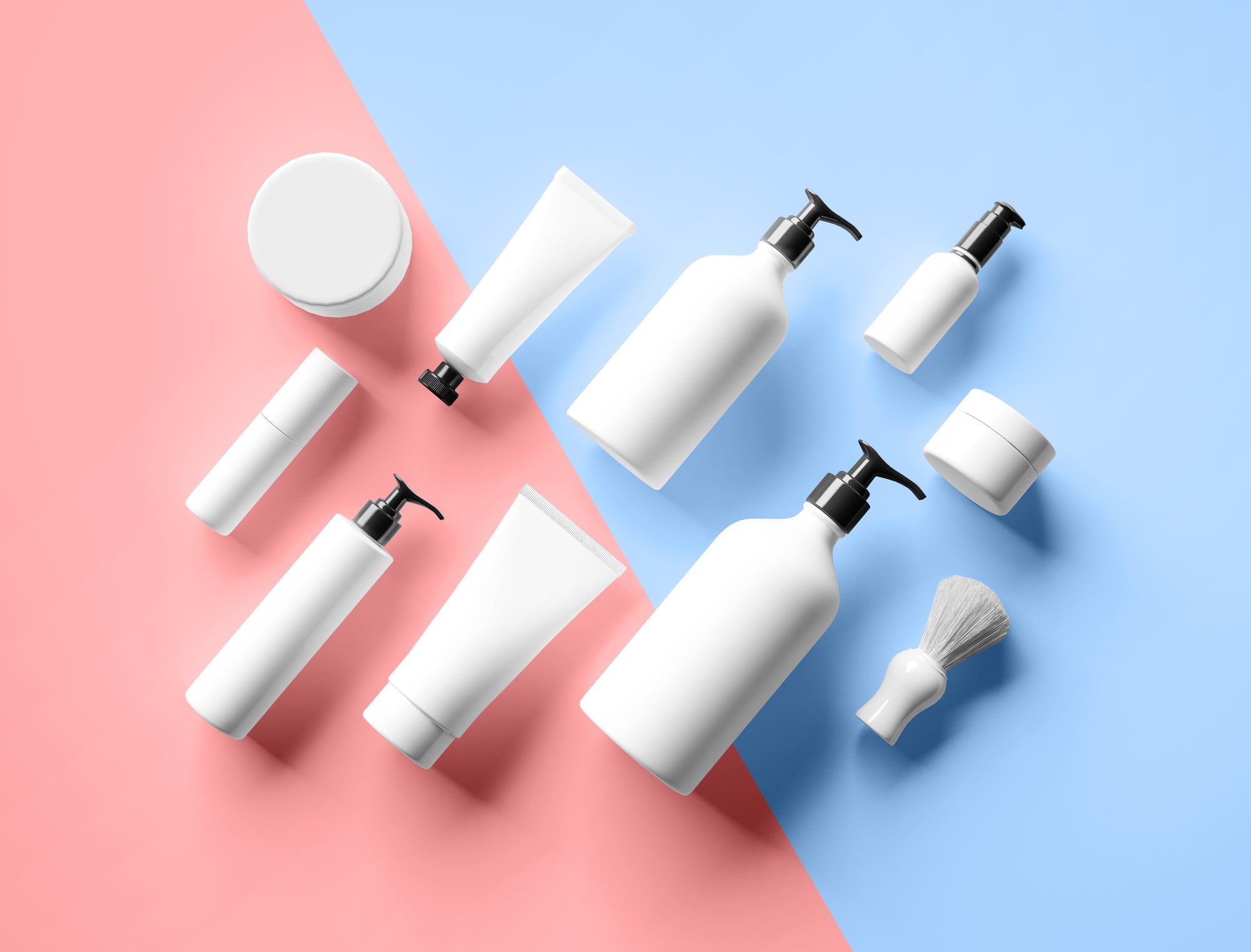

Top 5 Skincare Ingredients You Don’t Want to Mix
Mixing and matching skincare ingredients can be a challenge. Layering certain ingredients can do wonders for your skincare regimen, but not all ingredients play nice with each other. When it comes to your skin, using products with incompatible ingredients can lead to a whole host of harmful effects. Looking to learn more about which ingredients to avoid combining? Don’t worry, this blog has got you covered! Here’s our list of the top 5 skincare ingredients you don’t want to mix:
1. Retinol and Alpha Hydroxy Acids
Vitamin A derivatives, like retinol, and alpha hydroxy acids (AHAs) like glycolic acid both have powerful anti-aging properties. They both accelerate skin cell turnover rates and help to increase collagen production, which help to prevent the formation of fine lines and keep skin looking healthy and bright.
Now here comes the catch, since both ingredients act as exfoliants, together they can overwork the skin and break down the bonds of healthy cells, which can be potentially harsh and irritating to the skin. When used in combination, they can lead to dryness, increased sensitivity, redness, peeling, and stinging - not exactly the results you’re hoping for out of your skincare routine.
However, there is an exception to this and that’s if these two ingredients are combined in a product that has been tested through clinical trials. Certain dermatologist-tested products that feature a combination of retinoids and AHAs have been found to diminish signs of aging without causing irritation.
2. Retinol and Benzoyl Peroxide
Retinoids aren’t just great for anti-aging, they’re also a powerful acne treatment. They exfoliate the skin to prevent dead skin cell-buildup and clogged pores. Benzoyl peroxide is also a common ingredient in products used to treat acne. This is because benzoyl peroxide is antimicrobial, which allows it to reduce acne-causing bacteria on the skin.
Naturally, people looking for strong and effective acne treatments would want to combine these two ingredients - but this strategy can wind up backfiring. Benzoyl peroxide can oxidize and deactivate the retinoid molecule, meaning that the two ingredients neutralize one another. This makes both ingredients less effective at fighting acne.
However, if you’re looking to harness the benefits of both ingredients, consider using benzoyl peroxide during your morning skincare routine and saving retinol for the night.
3. Retinol and Vitamin C
Retinol and vitamin C each have their own unique benefits for the skin. Retinol can be used to strengthen and brighten your skin, while vitamin C helps to neutralize hyperpigmentation and even out your skin tone.
Despite their positive effects, these ingredients should not be layered together. This is because they’re both active ingredients and, when used in tandem, they can cause irritation and increased sensitivity.
If you’re looking to optimize the benefits of retinol and vitamin C, we recommend incorporating vitamin C into your morning routine - since it functions better during the daytime. Leave your retinol use for the night, as retinol can increase skin sensitivity to sunlight.
4. Vitamin C and Benzoyl Peroxide
Similar to retinol, combining vitamin C and benzoyl peroxide can cancel out the benefits of each. Benzoyl peroxide oxidizes vitamin C, which renders the effects of both largely useless.
But don’t worry, you can still use products with these ingredients, just make sure they aren’t used on the same days or in the same parts of your skincare routine.
5. Vitamin C and Exfoliating Acids (AHAs & BHAs)
Vitamin C and exfoliating acids like AHAs and BHAs can be great on their own, but put them together and your skin might not be too happy.
Vitamin C is an acidic compound, meaning it has a low pH, while AHAs and BHAs exfoliate the skin by lowering its natural pH to slough off dead skin cells. When used in combination, vitamin C and exfoliating acids can throw off your skin’s natural pH levels. This can damage your skin’s moisture barrier and increase irritation.
Understanding the do’s and don’ts when it comes to skincare ingredients is essential to giving your skin the love it deserves.
Nourish Your Skin Today With Honeybutter
Sources
Everyday Health: 6 Skin-Care Ingredient Combinations That Don’t Mix | Women’s Health Magazine: 5 Skin-Care Products That You Should Never Use Together | Women’s Health Magazine: What Dermatologists Want You To Know Before You Mix Skincare Ingredients | Healthline: How to Treat Acne with Benzoyl Peroxide | Healthline: Can Retinol Be Used to Treat Acne? | Healthline: Does Vitamin C Treat Acne?
